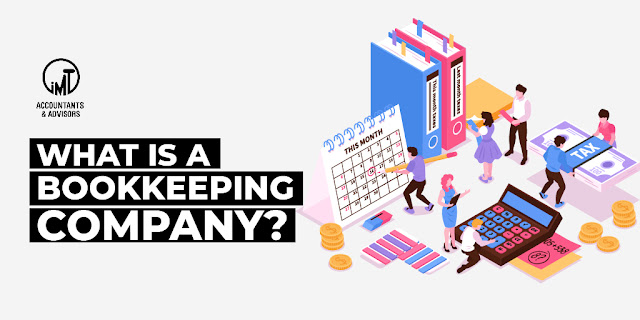What are the unique accounting challenges faced by construction companies?
Construction companies in Australia face a unique set of accounting challenges that require a thorough understanding of the industry's complexities and the country's financial regulations. In this comprehensive article, we will delve into the specific accounting hurdles that construction companies encounter Down Under, including compliance with taxation laws, cash flow management, project cost tracking, employee payroll, currency fluctuations, and risk management. We will also explore the role of technology in overcoming these challenges.
Navigating the Australian Construction Industry
Before we dive into the accounting challenges, it's essential to understand the Australian construction industry's landscape. Australia's construction sector is a vital contributor to the country's economy, involving residential, commercial, and infrastructure projects. The industry faces unique challenges, including labor shortages, fluctuating demand, and regulatory changes. These factors significantly impact a construction company's accounting processes.
Specific Accounting Challenges for Construction Companies
Compliance with Australian Taxation Laws
One of the primary challenges for construction companies is staying compliant with Australia's complex taxation laws. The Goods and Services Tax (GST), Capital Gains Tax, and the recently introduced Taxable Payments Reporting System (TPRS) all require meticulous record-keeping and reporting. Failure to comply can result in hefty penalties and legal repercussions.
Cash Flow Management
Effective cash flow management is crucial for construction companies. The nature of the construction industry, with its project-based income, makes it challenging to maintain a steady cash flow. Delays in client payments or unexpected expenses can strain a company's financial health.
Project Cost Tracking
Construction projects often involve multiple cost centers, making accurate cost tracking a complex task. Project managers need to monitor expenses, labor costs, material costs, and equipment expenses. Failing to do so can lead to cost overruns and decreased profitability.
Employee Payroll and Superannuation
Construction companies must deal with payroll for a diverse workforce, which includes full-time employees, contractors, and subcontractors. Ensuring proper payroll management, superannuation contributions, and compliance with Fair Work Australia regulations can be demanding.
Currency Fluctuations and Exchange Rates
Construction companies operating internationally or dealing with foreign suppliers are exposed to currency fluctuations. Changes in exchange rates can impact project costs, revenue, and profitability. Managing these fluctuations is crucial for financial stability.
Risk Management in Construction Accounting
Risk management is an inherent part of construction accounting. Companies must assess and mitigate risks associated with project delays, disputes, legal issues, and economic uncertainties. Management of these risks can have a severe impact on a company's financial health.
The Role of Technology in Mitigating Challenges
To address these unique accounting challenges, construction companies are increasingly turning to technology solutions. Construction-specific accounting software, such as Procore, Buildertrend, and QuickBooks for Contractors, offers features tailored to the industry's needs. These tools streamline project cost tracking, improve cash flow management, and ensure compliance with taxation laws.
FAQs
Q.1 What are the key taxation laws affecting construction companies in Australia?
Ans: Construction companies in Australia must comply with GST, Capital Gains Tax, and the Taxable Payments Reporting System (TPRS).
Q.2 How can construction companies manage cash flow effectively?
Ans: Construction companies can manage cash flow by implementing stringent payment terms, monitoring expenses, and using cash flow forecasting tools.
Q.3 What role does technology play in construction accounting?
Ans: Technology solutions like construction-specific accounting software help streamline project cost tracking, cash flow management, and taxation compliance.
Q.4 How do construction companies mitigate currency fluctuations?
Ans: Construction companies can mitigate currency fluctuations by using financial derivatives, such as forward contracts, to hedge against exchange rate changes.
Q.5 Why is risk management important in construction accounting?
Ans: Risk management is crucial for construction accounting as it helps companies identify, assess, and mitigate risks that can impact financial stability and project outcomes.
Conclusion
In conclusion, construction companies in Australia encounter a set of unique accounting challenges due to the industry's nature and the country's stringent financial regulations. From taxation compliance and cash flow management to project cost tracking and risk management, these challenges demand meticulous attention. However, with technology solutions designed for the construction industry, companies can navigate these challenges more effectively and ensure their financial stability and long-term success.
Wondering About the Accounting Challenges in Australian Construction?
As the premier construction accounting firm in Australia, IMT Accountants & Advisors outlines key accounting challenges faced by Aussie construction companies:
Managing contract and retention accounting
Tracking complex project costs and job profitability
Meeting compliance needs for the security of payments
Keeping up with changing regulations and tax laws
Get end-to-end accounting solutions tailored for Australian construction. Partner with IMT Accountants & Advisors today!




Comments
Post a Comment